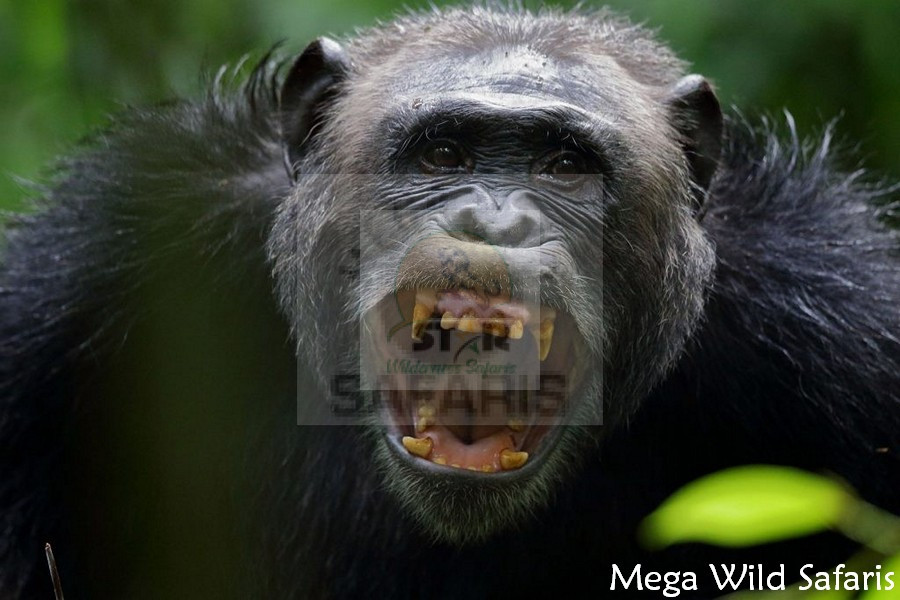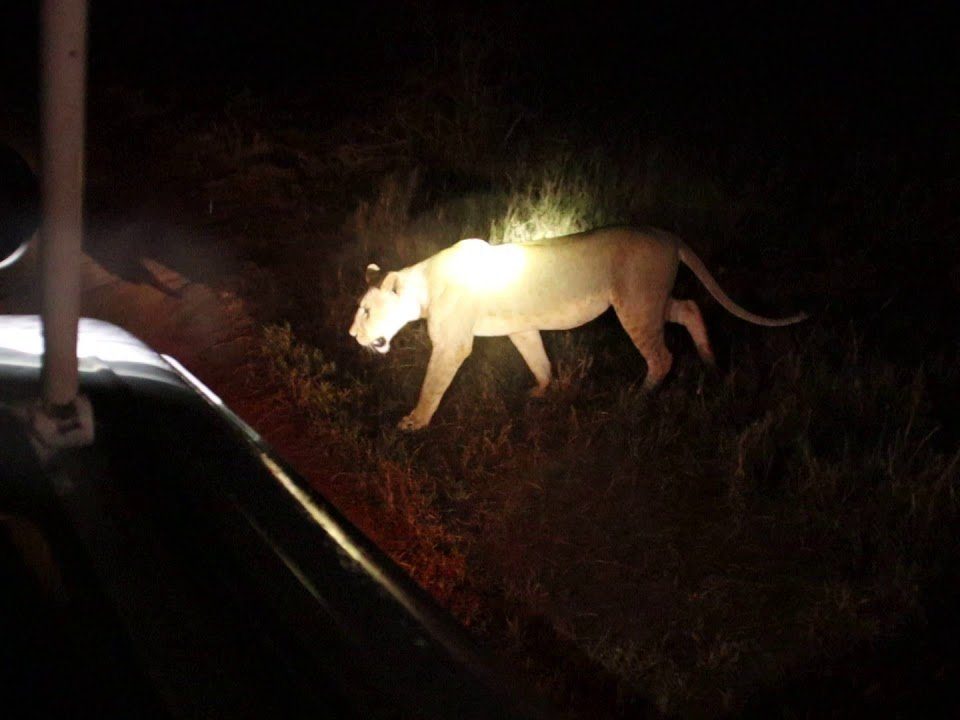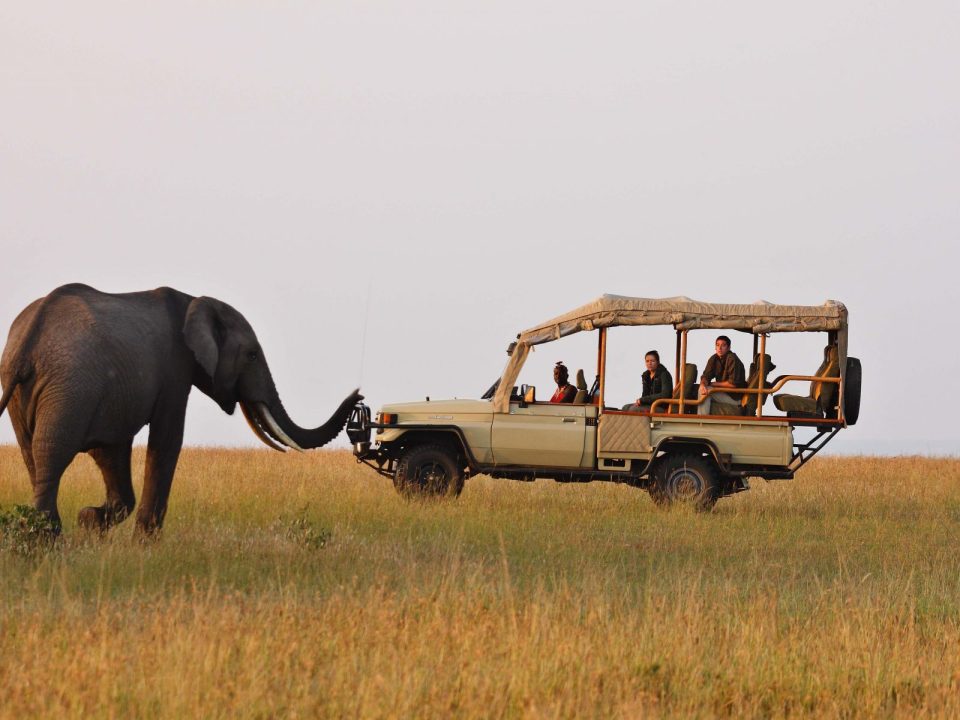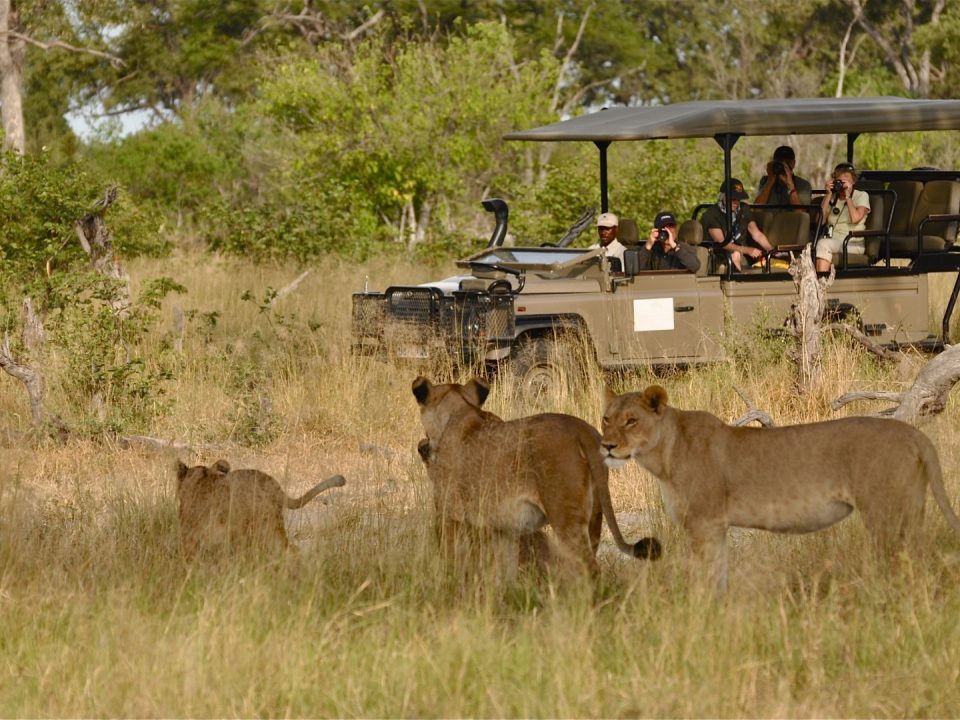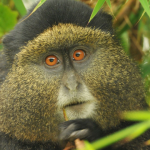
Most Asked Questions About Golden Monkey Trekking in Mgahinga National Park
May 29, 2025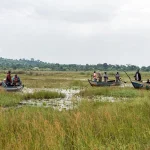
Mabamba Swamp Tour in Uganda
May 31, 2025Mistakes To Avoid When Booking Chimp Habituation Permits
Embarking on a chimp habituation experience in Uganda is one of the most extraordinary wildlife adventures you can undertake in East Africa. Trekking alongside wild chimpanzees in the dense Ugandan rainforest, accompanied by dedicated researchers and rangers, offers a rare glimpse into the fascinating world of our closest primate relatives. However, securing a chimp habituation permit—a mandatory requirement regulated by the Uganda Wildlife Authority (UWA)—can sometimes pose challenges, especially for travelers organizing their Uganda safari from afar. In this comprehensive guide, Star Wilderness Safaris details the mistakes to avoid when booking chimp habituation permits so that your chimpanzee tracking adventure is smooth, successful, and unforgettable.
Understanding the Importance of Chimp Habituation Permits in Your Uganda Safari
Before diving into the mistakes to avoid when booking chimp habituation permits, it is essential to understand the significance of these permits in your wildlife safari planning. Chimpanzees are wild animals protected by stringent conservation laws, and the government of Uganda strictly regulates access to habituation experiences to ensure minimal disturbance to the animals and their habitat.
A chimp habituation permit is a special authorization granted by UWA that allows tourists to spend a full day with chimpanzees as they gradually grow accustomed to human presence. This experience goes beyond the standard chimpanzee tracking encounter by allowing closer, longer, and more insightful observations. The permit ensures that visitor numbers are controlled, preserving the chimpanzees’ wellbeing and the ecological integrity of the rainforest.
Travelers planning a gorilla trekking safari or a Uganda safari that includes chimpanzee habituation must secure this permit well in advance. Failure to do so may result in lost opportunities, disappointed travelers, or rushed and unprepared expeditions. Avoiding common pitfalls during the permit booking process is crucial to guaranteeing a rewarding and hassle-free primate adventure.
Mistake 1: Delaying Your Chimp Habituation Permit Booking
One of the biggest mistakes to avoid when booking chimp habituation permits is waiting too long to secure your permit. These permits are highly limited in number due to the delicate nature of the habituation process and the need to reduce human impact on chimpanzee groups.
Permits are issued on a first-come, first-served basis, often many months in advance. This scarcity means that last-minute requests frequently result in unavailability, especially during peak safari seasons in Uganda, which coincide with dry months like June to September and December to February. Early planning and prompt booking allow you to lock in your preferred dates and group size, reducing stress and increasing the chances of a successful safari.
Furthermore, combining Uganda Gorilla Trekking with chimpanzee habituation can be complex to coordinate without advance notice, as both require separate permits and intricate scheduling. By avoiding procrastination in booking your permits, you ensure a seamless itinerary that blends multiple unforgettable experiences within your East African safari adventure.
Mistake 2: Attempting to Book Permits Without a Licensed Tour Operator
A common error that travelers make, which is highlighted in the mistakes to avoid when booking chimp habituation permits, is trying to book permits independently without involving a reputable and licensed tour operator.
Although the Uganda Wildlife Authority allows direct bookings, the process can be complex, confusing, and prone to errors for those unfamiliar with it. Official websites may be difficult to navigate, and permits for chimp habituation require detailed documentation, including traveler identification and confirmation of payment, which can be challenging to manage remotely.
Licensed tour operators like Star Wilderness Safaris streamline the booking process, handling all paperwork, payment confirmations, and permit issuance efficiently. They also provide expert guidance on the best times to visit, travel logistics, and integration of chimpanzee tracking with other popular activities such as gorilla trekking safaris or cultural tours.
Choosing to work with an experienced operator reduces the risk of losing your permit, ensures compliance with Uganda Wildlife Authority regulations, and enhances your overall safari experience.
Mistake 3: Overlooking the Physical Demands of the Chimp Habituation Experience
Another critical aspect often ignored and listed among the mistakes to avoid when booking chimp habituation permits is underestimating the physical effort required for the full-day chimp habituation trek.
Unlike regular chimpanzee tracking, the habituation experience involves spending several hours trekking through dense, sometimes rugged rainforest terrain, following the chimpanzees as they move throughout their home range. This requires a reasonable level of fitness, proper hiking gear, and mental preparedness for varying weather conditions.
Travelers who book chimp habituation permits without considering these physical demands might find themselves unprepared or even unable to complete the trek. Tour operators can advise on the best health and safety practices, recommended equipment, and necessary fitness levels before booking your permit, ensuring you make an informed decision and enjoy the experience fully.
Mistake 4: Ignoring the Importance of Responsible Tourism and Conservation
When booking chimp habituation permits, one of the most significant mistakes to avoid when booking chimp habituation permits is disregarding the importance of responsible tourism and conservation ethics.
Chimpanzees are an endangered species, and habituation activities are carefully managed to protect them from disease transmission, stress, and habitat disturbance. Visitors must adhere to strict guidelines set by the Uganda Wildlife Authority, such as maintaining distance, limiting group size, and following the instructions of guides and researchers.
Some travelers unknowingly book permits or tours that do not emphasize sustainable practices, leading to negative impacts on chimpanzee populations and their environment. When securing your permits and planning your Uganda safari, always prioritize operators committed to ethical tourism, conservation funding, and community empowerment.
Supporting responsible tourism ensures your experience is not only memorable but also meaningful and beneficial for wildlife preservation efforts in East Africa.
Mistake 5: Failing to Consider Weather and Seasonal Timing When Booking
Seasonality plays a significant role in the success and enjoyment of your chimpanzee habituation safari and is often overlooked in the mistakes to avoid when booking chimp habituation permits.
Uganda’s tropical climate features two rainy seasons and two dry seasons. While chimpanzee habituation treks operate year-round, trekking conditions vary drastically with weather. Heavy rains can make trails slippery, increase leech activity, and make trekking more strenuous and less enjoyable.
Booking your permit without considering the best time to visit can affect not only your comfort but also your chances of successfully encountering habituated chimpanzees. The dry seasons from June to September and December to February are generally preferred for both chimpanzee habituation and gorilla trekking safaris due to better trail conditions and more predictable wildlife behavior.
Expert tour operators can help you select the optimal timing to combine chimpanzee tracking with other safari highlights like gorilla tours or cultural visits for a fully rewarding East African safari experience.
Mistake 6: Not Coordinating Chimp Habituation Permits With Other Safari Activities
A key point often missed among the mistakes to avoid when booking chimp habituation permits is the failure to coordinate these permits with other safari permits, such as those for gorilla trekking Rwanda or Uganda’s Bwindi Forest.
Both chimpanzee habituation and gorilla trekking require separate permits and involve detailed scheduling to optimize park resources and minimize visitor impact. Booking these experiences independently, without coordinating times and locations, can lead to logistical complications, increased costs, or missed opportunities.
Many travelers combine chimpanzee tracking and gorilla habituation to experience East Africa’s great apes in depth, often through multi-country itineraries involving Uganda and Rwanda tours. By engaging a professional tour operator, you ensure a seamless integration of your permits, transport, accommodation, and guides, enhancing your safari’s convenience and enjoyment.
Mistake 7: Underestimating Permit Costs and Budget Planning
Lastly, a frequent mistake to avoid when booking chimp habituation permits is neglecting to budget adequately for the costs involved.
Chimp habituation permits are priced higher than regular chimpanzee tracking permits due to the exclusive nature and extended time in the forest. Understanding the permit fee, associated park fees, guide gratuities, and travel expenses is crucial to avoid unexpected financial surprises.
Moreover, combining chimpanzee habituation with other premium experiences like gorilla trekking safaris in Uganda or Rwanda often entails higher costs, but it also offers a richer wildlife adventure. Transparent communication with your tour operator regarding pricing, inclusions, and payment schedules helps you plan a realistic budget and avoid disappointments.
Conclusion: How to Avoid Common Pitfalls When Booking Chimp Habituation Permits
Booking a chimpanzee habituation permit is a gateway to one of East Africa’s most rewarding wildlife experiences. However, as highlighted in these mistakes to avoid when booking chimp habituation permits, proper preparation, early planning, and collaboration with a trusted tour operator like Star Wilderness Safaris are essential.
Understanding the importance of permits, booking early, considering the physical demands, respecting conservation guidelines, timing your visit well, coordinating with other safari activities, and budgeting appropriately will ensure your chimpanzee habituation adventure is seamless and fulfilling.
Whether your dream is to combine Uganda Gorilla Trekking with chimpanzee habituation or explore the broader wonders of East Africa’s wildlife safaris, avoiding these common errors sets the foundation for an unforgettable journey into the heart of Africa’s primate world.

